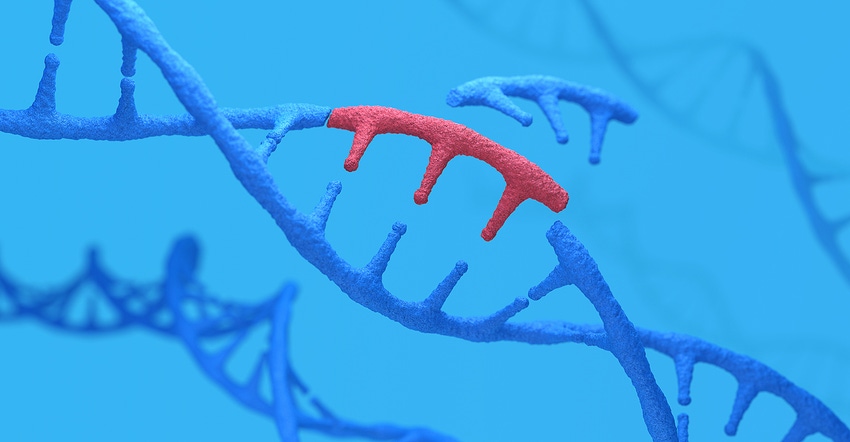February 22, 2022

The Coalition for Responsible Gene Editing in Agriculture released a Framework for Responsible Use of Gene Editing in Agriculture. The Framework outlines a set of principles and best practices that demonstrate an organization’s commitment to using gene editing to advance the interests of agriculture, the food system and society in general.
Companies, businesses and academic or government organizations that use gene editing or its outputs in food or agriculture are invited to join the Coalition and adopt the Framework.
“Gene editing has tremendous potential to improve human health, prevent disease in plants and animals and reduce agriculture’s impact on the environment trust,” said Charlie Arnot, chief executive officer of The Center for Food Integrity, which facilitates the Coalition.
“The Framework provides assurance to the food system and consumers that those who follow the guidelines are using gene editing responsibly,” Arnot adds.
Participating organizations agree to uphold the seven principles outlined in the Framework: transparency, stakeholder engagement, safety and quality, trade and market considerations, social considerations, continuous improvement and verification. Member organizations undergo verification from a third party to demonstrate that they are operating in conformance with the guidelines of this Framework.
“As more applications are developed and begin to enter the marketplace, it’s imperative that those researching, developing and using gene editing participate in an open dialogue about the technology, its applications and their commitment to responsible use,” said Craig Wilson, CFI board president and Vice President, QA & Food Safety at Costco Wholesale. “We see the Framework for Responsible Use of Gene Editing as a valuable tool to promote these important discussions and to enable those involved in gene editing, and resulting applications and products, to demonstrate their commitment to transparency and stakeholder engagement.”
The Framework and its guidelines have been formally endorsed by Cargill Inc., Costco Wholesale, FMI – The Food Industry Association, Genus PLC, PepsiCo and Tropic Biosciences.
The Framework was developed by a multi-stakeholder coalition that included representatives from food companies, academia, civil society, technology developers, farmers and related associations.
Organizations can join the Coalition and utilize the available tools and resources to review their policies and practices that support the seven principles and demonstrate their commitment to the responsible use of gene editing.
After conducting a readiness self-assessment, members will apply for third-party verification to demonstrate that they are operating in conformance with the Framework. Once verified, members may use the designation in marketing and other business communications.
The full Framework document as well as membership and detailed verification information can be found at geneediting.foodintegrity.org.
Source: The Center for Food Integrity, which is solely responsible for the information provided and is wholly owned by the source. Informa Business Media and all its subsidiaries are not responsible for any of the content contained in this information asset.
About the Author(s)
You May Also Like




